It’s common knowledge that we need to make sure we get enough protein in our diets — especially those of us in the fitness world on a quest to build more muscle and tone — but do we know why we need it? Do we know how much we need in a day? And do we know what foods are rich in protein…?
Proteins are one of the three macronutrients which are simply long chains of amino acids that the body requires in order to do a lot of cool things. Think of protein as a long chain, and the amino acids are each link. Those links can be laid out a lot of different ways, therefore, there are a lot of different types of proteins. And I hate to be the bearer of bad news, but building muscle is not on the top of your body’s to-do list when it comes to the distribution and usage of protein. Your body requires those amino acids (the “links”) to also build skin, nails, hormones and enzymes in the body and then if it has some leftover, well, then it will use that overage to help out build those guns you’ve been working on. This is why it’s imperative to take in extra protein when you’re training as compared to your sedentary counterparts.
“How much protein is enough?” one might wonder. It can be confusing with loads of different recommendations out there and various calculations but according to the Academy of Nutrition and Dietetics (the people who credential Registered Dietitians and Sports Dietitians), for those engaging in higher levels of exercise, a good rule of thumb is 1.2-1.4g/kg bodyweight for endurance athletes and 1.6-1.7g/kg bodyweight for strength athletes. The recommendation for regular non-exercising folks is .6-.8g/kg bodyweight (for comparison purposes).
Example:
5’6 female, 140 pounds (63.6 kg)
Endurance requirements: 89g protein daily
Strength requirements: 108g protein daily
There are other “methods” for calculating needs out there including assuming 1g protein per pound of bodyweight. So in the case of our 5’6 female, that would amount to 140g protein daily. But the issue there is for most people who are not professional athletes and have families and jobs and obligations, that can be a hard number to attain. As a registered dietitian, I would then recommend somewhere around the 100g range for this particular client and see how that goes for a period of time. Make sense?
“So that’s just great - I need 100g of protein daily, but what foods do I need to eat?” Proteins are rich in all of your meats, poultry and seafood including flank steak and all red meat, chicken, turkey shrimp, salmon and white fish as well as other animal proteins such as eggs and dairy. But there are other plant-based sources of protein such as beans, tofu (soy protein), seitan (protein from wheat), vegetable and rice protein supplements amongst some others. However, the protein content is not as abundant as in animal protein sources, so combining both sources is always a great idea in order to meet your intake, and maintain variety in the diet.
Making sure to get enough protein in is no easy task. It requires planning and time to shop at the store. Looking ahead at your week and knowing what meals you’re going to prepare will create success. Some tips to make sure to get enough protein are as follows:
Start the day with eggs, egg whites or overnight oats made with protein powder.
Plan all meals around your protein source and build around it.
Have a few protein rich snacks such as greek yogurt and cottage cheese on hand for in between meal snacks.
Add legumes such as chick peas and lentils to salads.
Include variety and experiment with some protein sources you may have not tried like cooking scallops at home or a plant-based protein that you’ve never had (such as tofu).
In summary, proteins are one of the three macronutrients along with carbohydrates and dietary fats, that are necessary in order to maintain killer function in the human body. Protein in particular, is needed in order to build muscle and create that lean, toned physique you’ve been working for. It’s very important to understand that all proteins are not created equal, and taking in a variety of different proteins daily, and making sure to have a protein at most meals is super important for your health, bodily function and progress in the gym.
Stay tuned for Truth Series: Carbohydrates as well as Truth Series: Dietary Fats coming up on our blog. And always feel free to email us at info@ironplatestudios.com with any questions!


